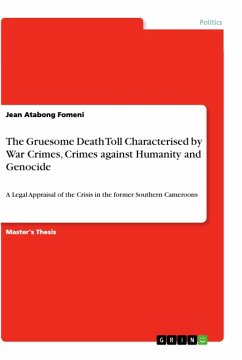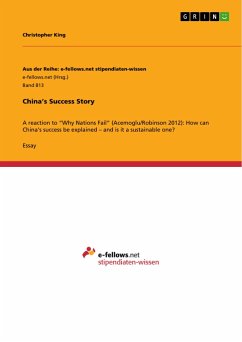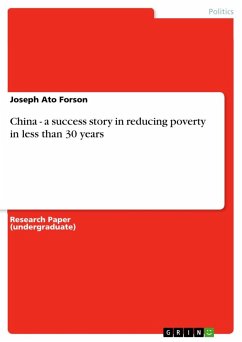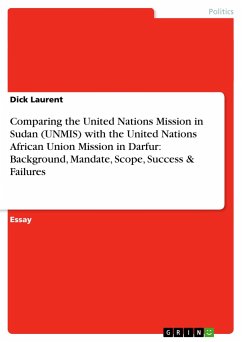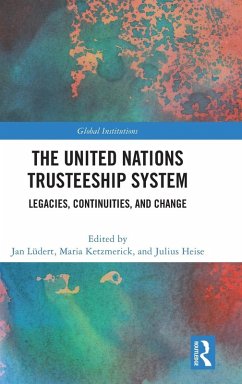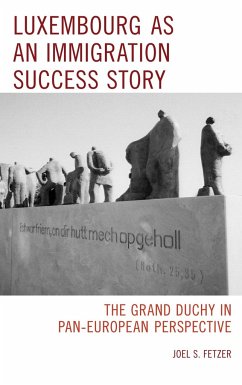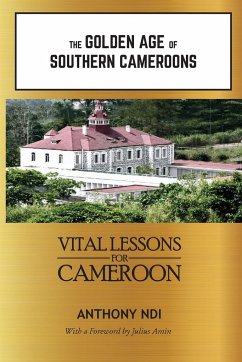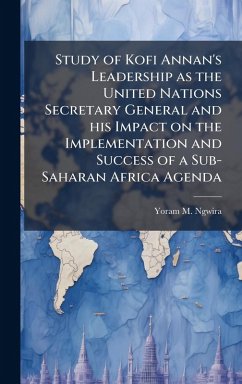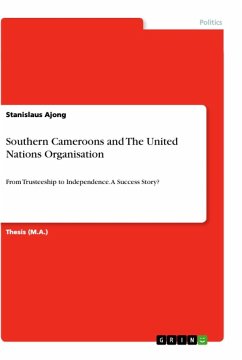
Southern Cameroons and The United Nations Organisation
From Trusteeship to Independence. A Success Story?

PAYBACK Punkte
0 °P sammeln!
Thesis (M.A.) from the year 2016 in the subject Politics - Region: Africa, grade: B1, University of Aberdeen, course: INTERNATIONAL HUMAN RIGHTS LAW, language: English, abstract: This paper takes a critical look at a particular aspect of the decolonization of the former Trust Territory of Southern Cameroons. It focuses on the role of the United Nations Organization (UNO) in the application of article 76 b of the UN Charter and United Nations General Assembly Resolution 1608 XV of April 21 1961 on the Future of The Trust Territory of the Cameroons under the United Kingdom Administration. The wo...
Thesis (M.A.) from the year 2016 in the subject Politics - Region: Africa, grade: B1, University of Aberdeen, course: INTERNATIONAL HUMAN RIGHTS LAW, language: English, abstract: This paper takes a critical look at a particular aspect of the decolonization of the former Trust Territory of Southern Cameroons. It focuses on the role of the United Nations Organization (UNO) in the application of article 76 b of the UN Charter and United Nations General Assembly Resolution 1608 XV of April 21 1961 on the Future of The Trust Territory of the Cameroons under the United Kingdom Administration. The work argues that the UNO, failed to supervise the proper transition of the Territory from a Trusteeship Province into an Independent or Self-Governing State as per the Charter and Resolutions provisions.The paper examines the transition of the territory from 1954 when it gained quasi-regional autonomy, through the plebiscite, federation with the independent Republic of Cameroon from 1961 to 1972 when the two became a unitary state. The conduct of the Cameroun Republic thereafter, which in 1984, regained the name acquired at independence with the peoples and territory of Southern Cameroons now part of the State. This act it is argued was a logical obliteration of the identity of Southern Cameroons. It concludes that the decolonization failed with recommendations including a referral to the International Court of Justice.




